Why is meat getting more expensive in Uzbekistan and neighboring countries?
According to Kun.uz investigations, the recent surge in meat prices is being observed not only in Uzbekistan but also in neighboring countries. Kazakhstan’s Minister of Agriculture linked the price hike to growing demand in Tajikistan and Uzbekistan, while the head of Kazakhstan’s Meat Union disagreed, attributing it instead to the consequences of a 2019 livestock export ban.
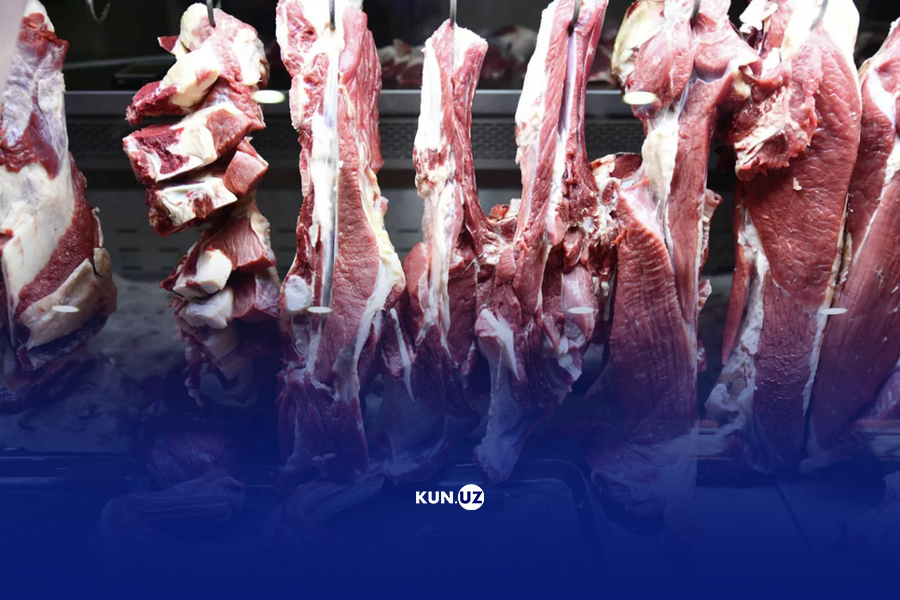
Photo: KUN.UZ
Kun.uz previously reported a sharp increase in meat prices in Uzbekistan starting from late February. According to the National Statistics Committee, in March alone, lamb prices rose by 9.1%, and beef by 8.8%.
This trend is not unique to Uzbekistan — similar patterns are being seen across the region.
Kazakhstan
In Kazakhstan, the issue of rising beef prices has become one of the most discussed topics. Since the beginning of the year, prices have increased by 5.6%.
Kazakhstan’s Minister of Agriculture, Aidarbek Saparov, attributed this to increased demand from neighboring countries — specifically Uzbekistan and Tajikistan.
However, Maksut Baktibayev, Director General of the Meat Union of Kazakhstan, disagreed with the minister’s assessment. He argued that the primary reason behind the price hikes is a decline in domestic supply.
“The claim that exports of livestock and meat to Uzbekistan and Tajikistan caused the price increase has not been substantiated. The real reason is the drop in supply — that is, the shrinking number of cattle in the country,” Baktibayev said.
According to him, the situation worsened after livestock exports were banned in 2019. As a result, beef prices almost doubled in a short period.
“Exporters who supplied meat to Uzbekistan immediately exited the market due to the imposed restrictions. Only domestic intermediaries serving processing plants and urban markets remained. We had 8 million head of cattle, and with a small domestic market, dumping began. Meat was bought at 1,500–1,600 tenge per kg — 20% below production cost. This situation lasted 4–5 years. Since cattle farming became unprofitable, around 2 million head were slaughtered in a short time.
Now we have a shortage. When meat is scarce, buyers go directly to farms and feeding sites. Wholesale prices have reached 3,000 tenge per kg, and retail prices up to 4,000 tenge. As a result, meat is now being imported from Belarus at 2,800 tenge per kg,” he explained.
To address the issue, Baktibayev proposed enacting legislation to prohibit any sudden one-day bans and to establish clear compensation mechanisms for farmers. He also suggested setting a specific quota for exports to Uzbekistan without restrictions.
In summary, export bans have led to reduced incomes for farmers and a decline in investment in livestock breeding. Consequently, the number of cattle in Kazakhstan has decreased.
Currently, meat in Kazakhstan’s major cities is sold at around 3,500–4,000 tenge per kg (approximately 88,000–100,000 Uzbek UZS).
Kyrgyzstan, Tajikistan, and Turkmenistan
Kyrgyz citizens have also been voicing concerns about high meat prices relative to incomes. In October last year, the country temporarily banned meat exports, blaming the sharp rise in prices on growing exports to Uzbekistan. According to local media, beef prices now reach 677 soms (approx. 100,000 UZS) per kg in Bishkek, and 650 soms (96,000 UZS) in Batken.
Accurate pricing data from Turkmenistan is difficult to obtain. However, Chronicles of Turkmenistan reported in March that beef prices had surged to 70–75 manats (258,000–277,000 UZS) per kg.
Tajikistan has also seen a spike in prices. As of early March, one kilogram of imported beef in Dushanbe cost 75 somoni (90,000 UZS), locally sourced bone-in beef was 90 somoni (107,000 UZS), and boneless meat was selling at 145 somoni (173,000 UZS). According to Asia-Plus, as prices continue to rise, imported meat is becoming an increasingly attractive alternative for consumers — especially Belarusian beef, which is gaining popularity due to the price hike in Kazakhstan.
Prices rising globally too
Meat prices are increasing not just in Central Asia but globally as well. The United Nations Food and Agriculture Organization (FAO) reported that in March, its beef price index exceeded 132 points — the highest level in the past 33 months.
According to data from the Numbeo analytical platform, the average price per kilogram of beef in post-Soviet countries is as follows:
- Armenia – $11.84
- Azerbaijan – $9.88
- Russia – $9.59
- Georgia – $9.45
- Moldova – $8.47
- Uzbekistan – $8.17
- Kyrgyzstan – $7.69
- Tajikistan – $7.56
- Kazakhstan – $7.17
- Belarus – $6.95
- Ukraine – $6.62
As we previously reported, several key factors have been contributing to the increase in meat prices in Uzbekistan.
Related News
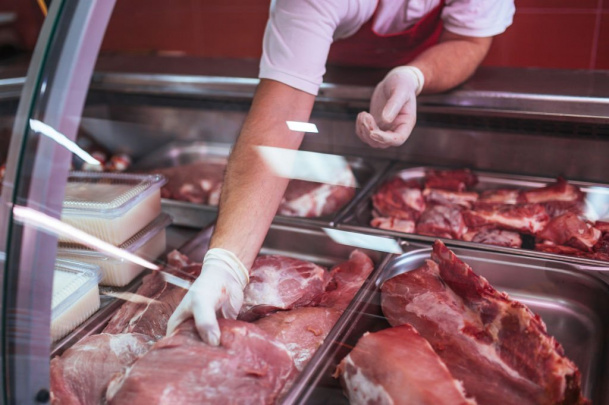
14:21 / 21.05.2025
Why meat is getting more expensive in Uzbekistan: A look at regional and domestic factors
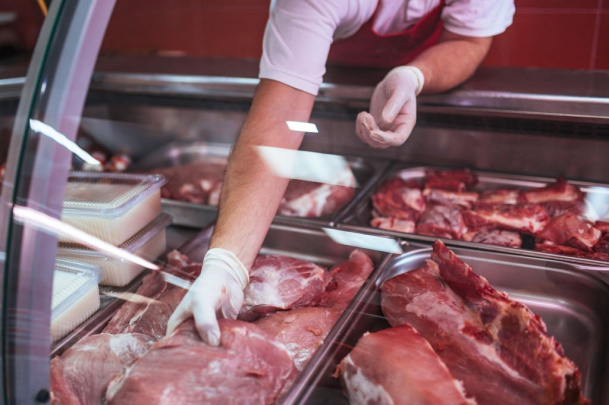
12:28 / 17.05.2025
Perceived inflation in Uzbekistan hits 14.4% in April
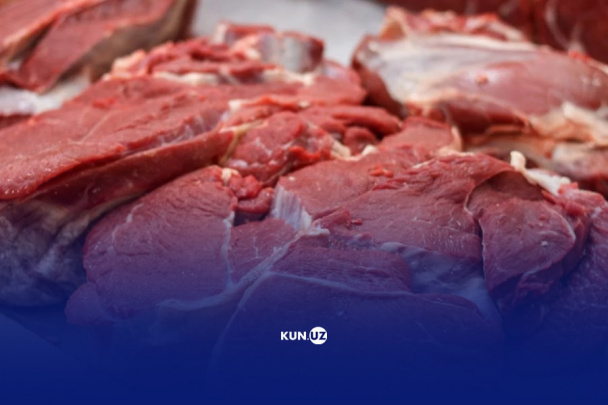
17:17 / 10.05.2025
Agriculture Ministry comments on soaring meat prices, claims meat in Uzbekistan is cheaper than in neighboring countries
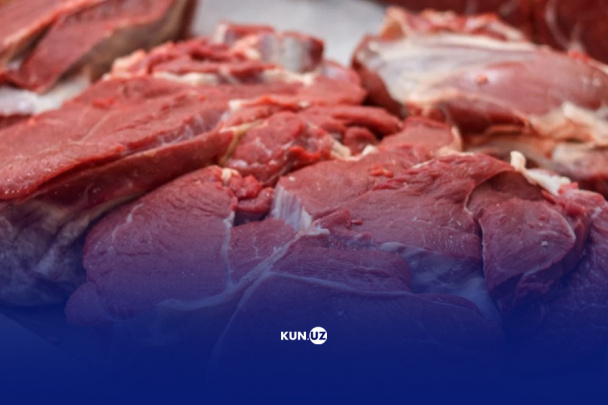
19:15 / 07.04.2025




